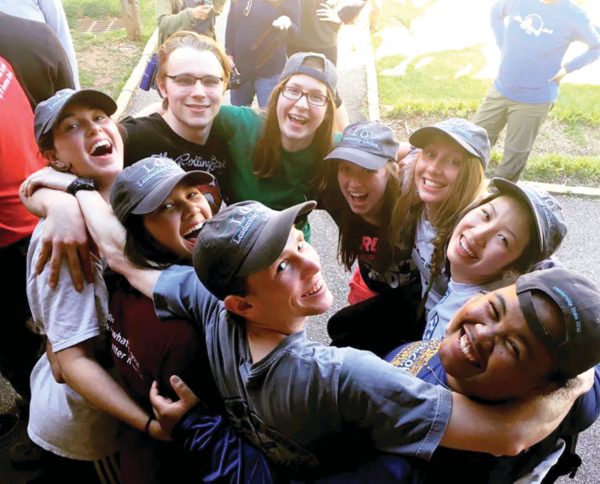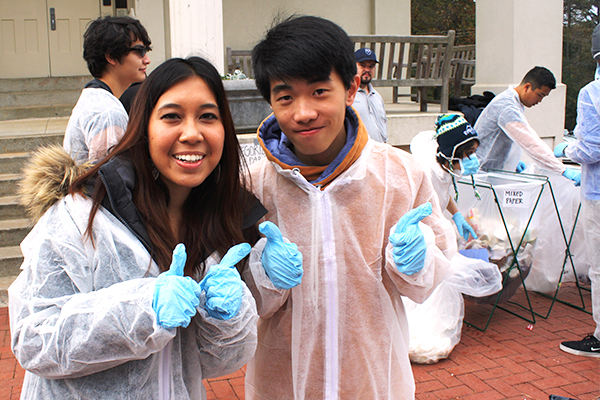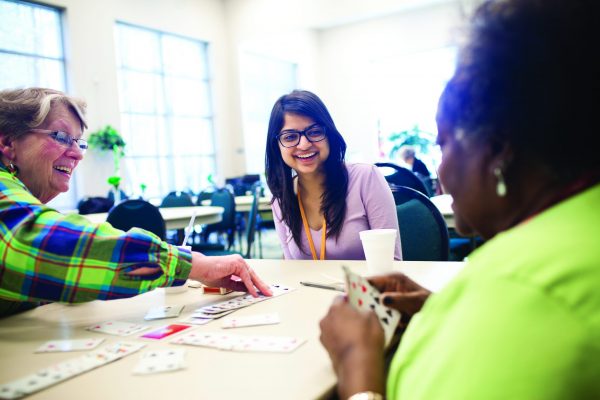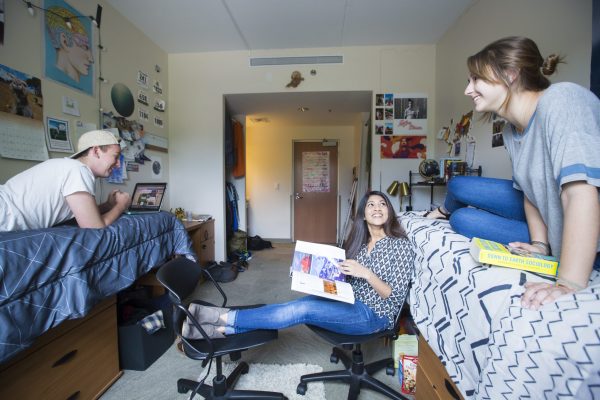There are so many opportunities at Emory University if you want to pursue a career…
My Education Taught Me About Compassion

The truth about compassion, true compassion, is that it knows no boundaries. Compassion is not subjective because its very nature is objective and inclusive. You do not choose who you have compassion for. You have compassion for everyone. For the neighbor you do not know. For the person in sixth grade who pushed you down the slide. For the first love that broke your heart. For the person who you are thinking about right now and do not believe deserves your compassion. However, you need to understand what compassion encompasses before you can understand why everyone deserves it.
In the summer of 2019, I interned with Atlanta’s Women’s Resource Center to End Domestic Violence. I was one of the teachers in their Camp PEACE program and worked with a group of seven and eight-year-olds. We implemented Emory’s Social, Emotional, and Ethical (SEE) learning curriculum into their daily routines. Our focus was to help the kids understand compassion with themselves and others and self-regulate with resilience and trauma-informed practices.

I understand that my way of learning is a privilege because it involves attending a four-year university. I did not learn about the definition of compassion or a manual on how to be compassionate. I took classes that detailed people, actions, and practices, and they weren’t described as compassionate. They simply were. I read about Bryan Stevenson and his fight for people in death row. I learned about the civil action suit in Woburn, Massachusetts about environmental pollution. I read about ethics and the human’s subjective nature. I learned about a society’s memory and how it is reflected in media and monuments. Yes, I learned about all of this because of my college education, but you don’t need one to learn about the components of compassion.
There are three components of compassion that many do not think about: understanding, forgiveness, and selflessness. Knowing what these are and how they make up compassion is not enough; you have to feel their presence. There is a certain harmony of mind and body that is hard to explain without sounding like you are preaching something. In order to not preach to you, I am going to do the next best thing—be vulnerable.

My parents have always taught me to be kind and respectful. I never really thought about compassion being something that was explicitly taught. I now realize that it cannot be taught, it is something that you practice.
Everything that I learned allowed me to see that compassion requires understanding. This is the first level of compassion, the one that Merriam-Webster lists: understanding. You have to understand the humanity behind the individual. Understanding what makes a person who they are reminds yourself that everyone is just human and trying their best. It is listening and actually taking in their history, experiences, and circumstances. Understanding involves knowing that society is biased, and everybody has to deal with different obstacles, privileges, and vices. This component is not fully reached until you actually begin with the second.

Compassion involves actual practice. It is a lifestyle that is entangled with all other qualities of your life and personality. Compassion is so valuable because it can lead to a prospering individual and society. Many of the problems that we have could be solved if everyone was compassionate. I understand what compassion is and it has truly changed the way I talk, act, and view everything. It is important for us to be compassionate with ourselves and others. Society needs that more than ever before. It does require you to be vulnerable and face your own biases, but you can only come out better. I have met some of the bravest seven-year-olds in the past year. Even if you only take one thing from this article, let it be what one of them said: “just be kind, nothing else matters.”
Dayra Leal Sanchez 22C
California
This article was originally published on the Odyssey website. It has been republished here in-full with the author’s permission. Read the original article by visiting: https://www.theodysseyonline.com/understanding-compassion
Don’t hesitate to connect with us by posting a comment to this blog, tweeting us @emoryadmission, or emailing us at admission@emory.edu.



This Post Has 0 Comments